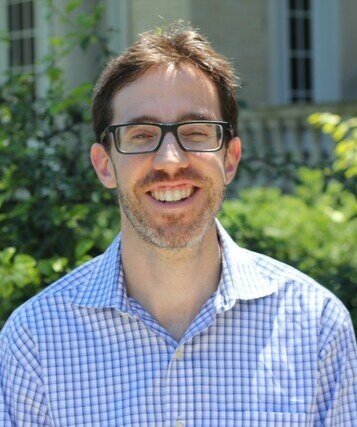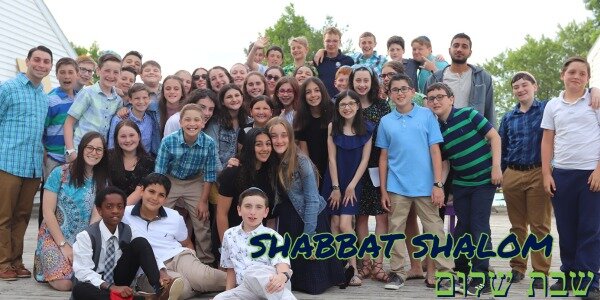Please enjoy a d’var Torah this week from Rabbi Alex Freedman. Rabbi Freedman (Nivonim 2000) is Associate Rabbi at North Suburban Synagogue Beth El in Highland Park, IL. He and his wife Laura have three boys. He was Rosh Bogrim in 2007 and 2008 and Rosh Nivonim in 2009.
Parashat Miketz: Camp Cabins, Minyans, and the Number Ten
by Rabbi Alex Freedman
“What cabin are you in?”
I felt my summers at camp started when I got a letter in the mail from camp that contained my cabin number. I then immediately called my friend Ben Hofkin to find out who was in whose cabin. Of course I did this to see where my friends would be. But in a way I did not understand at the time, my cabin was part of my identity throughout the summer and years later. When I think back to a specific summer at camp, I first remember what Eidah (age cohort) and cabin I was in, and the rest follows from there.
Each cabin is a community, small enough that individual voices are noticed, but large enough to feel bigger than our immediate group of friends.
In the Jewish tradition, the core community begins with ten Jews. This is the basis of the Minyan, necessary for public prayer, reciting Kaddish, and reading the Torah aloud. What is the origin of ten being this magic number for constituting a Jewish public?
Our Parashah, Miketz, is quoted by Midrash Rabbah as a key source. Recall the Joseph story. (Feel free to rewatch my Bogrim ‘98 play for an awesome rendition!). Joseph’s brothers send him down to Egypt and leave him for dead. Meanwhile, Joseph rises up to be second-in-command behind Pharaoh. When a famine hits Canaan, Joseph’s brothers set out for Egypt to buy food.
An innocuous verse reads: “וַיָּבֹאוּ בְּנֵ֣י יִשְׂרָאֵל לִשְׁבֹּר בְּתוֹךְ הַבָּאִים כִּֽי־הָיָה הָרָעָב בְּאֶרֶץ כְּנָעַן׃ – The sons of Israel [Bnei Yisrael] were among those who came to buy food, because the famine was in the Land of Canaan” (Gen. 42:5). Usually the very common expression Bnei Yisrael means “the Children of Israel,” which refers to “the Israelites.” This verse, however, is the very first time this phrase appears, and it refers to a very small group of people: “the sons of (the man) Israel/Jacob.” And how many are we talking about? Ten. Jacob has 12 sons, but only ten of them are on this mission to buy food. (Joseph is assumed to be dead, and their father keeps Benjamin behind for fear of losing him too).
The Midrash shares a Gezeirah Shava, where the context of one word in one verse informs what the same word means in another verse. The Torah says in Leviticus, “וְנִקְדַּשְׁתִּי בְּתוֹךְ בְּנֵי יִשְׂרָאֵל – I [G-d] should be sanctified among the Children of Israel [Bnei Yisrael]” (Lev. 22:32). And in Genesis we find the identical expression Bnei Yisrael. Just as in Genesis the expression Bnei Yisrael means ten people, so too the other verse in Leviticus must mean ten people. And since the Leviticus verse speaks of sanctifying G-d, ten is the basis of public Jewish ritual – the Minyan.
Ten is not far removed from the average cabin size at camp (excluding the Nivo cabins). The power we may have felt by being in an amazing cabin was the first taste of what a vibrant Jewish community feels like.







